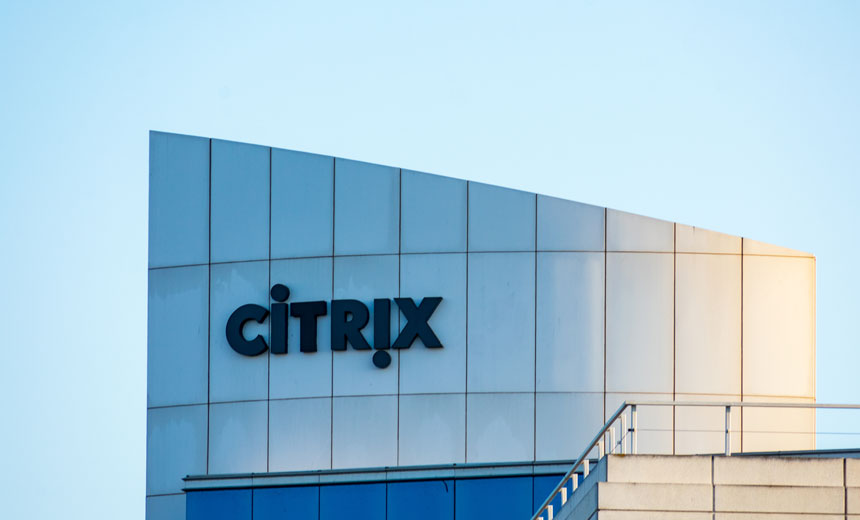Governance & Risk Management,
Remote Workforce,
Zero Trust
Citrix Enhances Zero Trust Framework with Strategic Acquisitions in Developer Security

Citrix has expanded its zero-trust security framework through the acquisition of two European startups, deviceTrust and Strong Network. This strategic move aims to enhance cloud development environments’ security and simplify security management for hybrid workforce structures. The acquisitions are expected to bolster organizations’ abilities to implement robust zero-trust protocols.
The firm announced that these acquisitions will enhance its offerings from its Fort Lauderdale, Florida headquarters, enabling better protection of critical applications and sensitive data. deviceTrust, a software startup from Germany, specializes in virtual desktop infrastructure (VDI) and desktop-as-a-service technologies. In contrast, Switzerland’s Strong Network focuses on secure cloud development platforms.
Sridhar Mullapudi, Citrix’s Executive Vice President and General Manager, emphasized in a statement that the growing demand for cyber resilience in the face of hybrid work requires innovative solutions. By integrating strong secure access technologies from these acquisitions into the Citrix platform, the company aims to provide enhanced value to its customer base, addressing the various needs presented by today’s diverse workforce.
Strong Network, which was incorporated in 2020, has garnered attention for raising $5.75 million in seed funding to support its growth, while deviceTrust, founded four years earlier, employs a smaller team but has made significant impacts in its niche. The CEOs of both firms, Laurent Balmelli and Sascha Goeckel, have transitioned into key roles at Citrix, indicating a substantial commitment to integrating their security solutions.
The introduction of deviceTrust’s technology allows organizations to enforce granular, real-time security controls that are critical in modern IT environments characterized by hybrid work models. Mullapudi noted the complexities arising from managing security across both corporate and personal devices. By continuously monitoring endpoint devices, deviceTrust ensures organizations can dynamically respond to any shifts in compliance status or network conditions, potentially mitigating risks associated with unauthorized access and session hijacking.
Citrix highlighted that the ability to enforce real-time access policies significantly diminishes threats, such as rogue devices accessing sensitive resources. By continuously assessing device compliance and user location, organizations can maintain stringent control over application access, further fortifying their defenses.
On the other hand, Strong Network provides developers with secure, pre-configured environments designed to protect sensitive data while ensuring compliance with industry regulations. By facilitating a browser-based development process, the platform helps prevent security vulnerabilities commonly associated with traditional developer setups.
As organizations increasingly navigate hybrid IT landscapes, they often face challenges with fragmented security policies. Mallapudi remarked that Citrix’s centralized approach to security management simplifies governance across hybrid applications, ensuring consistency and reducing administrative burdens. This holistic strategy will enhance both security and operational efficiency for businesses seeking to ensure robust cyber defenses.
These acquisitions position Citrix to lead in the zero-trust landscape, addressing both security concerns and the operational demands of modern work environments. The strategic enhancements to the Citrix platform promise to empower organizations to manage secure access across various devices while remaining compliant with evolving cybersecurity standards.
